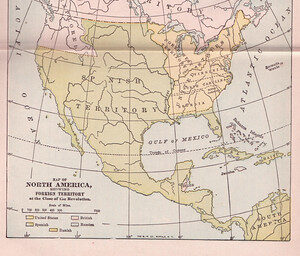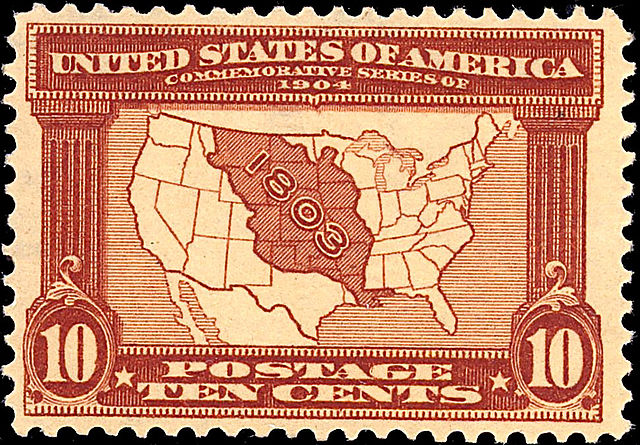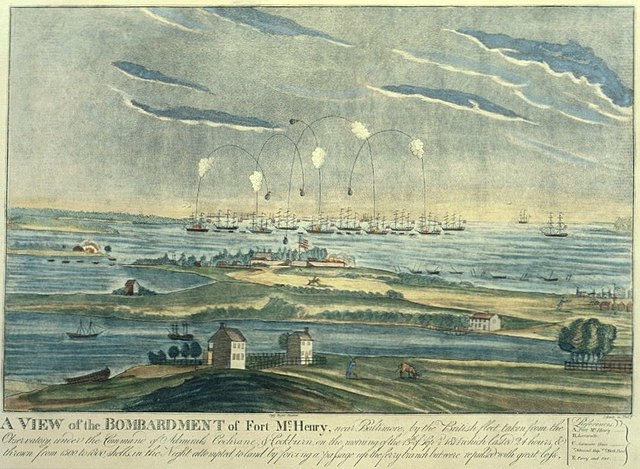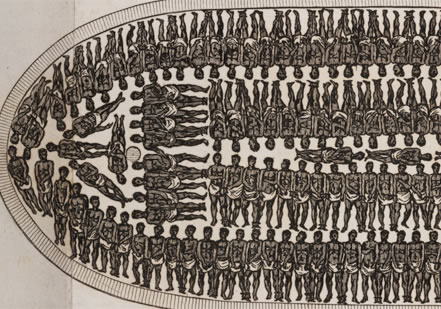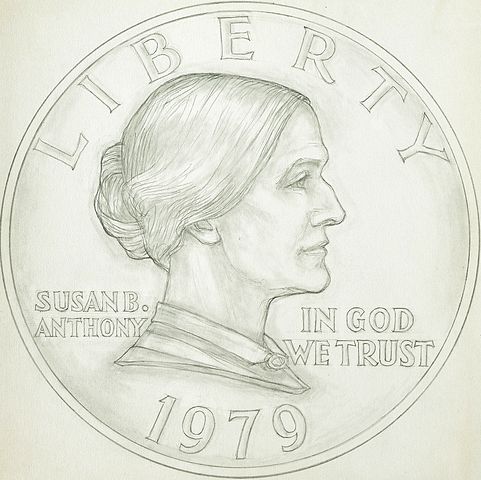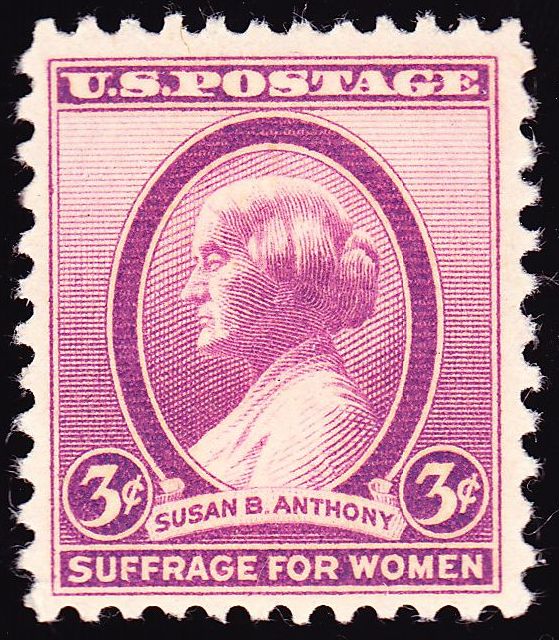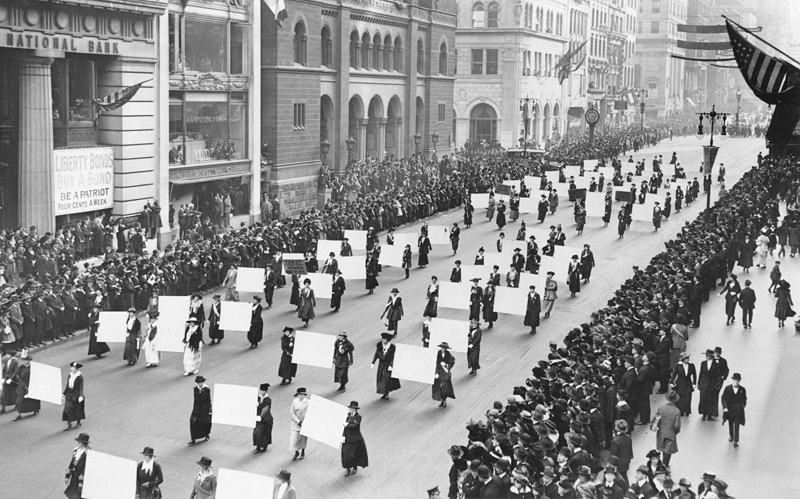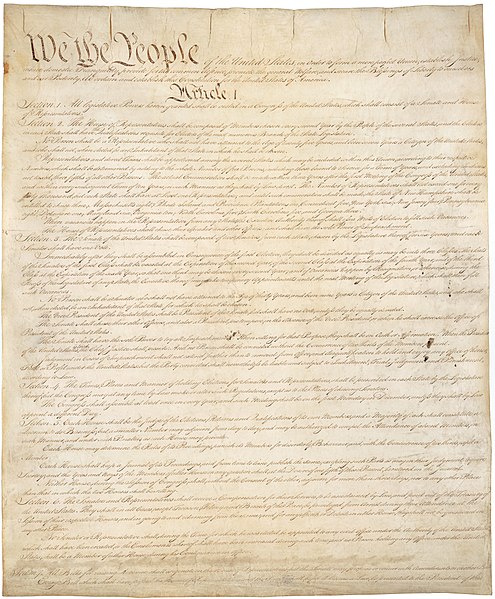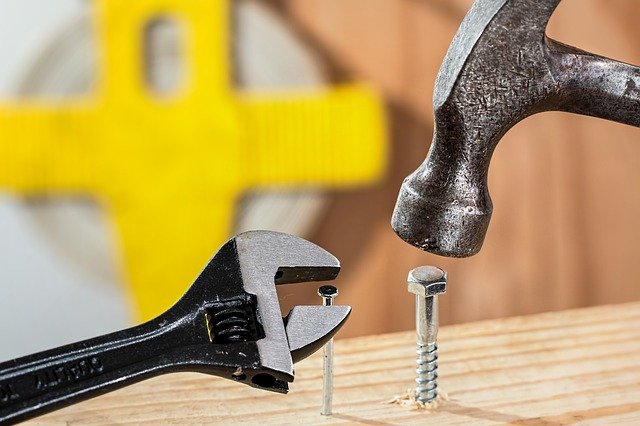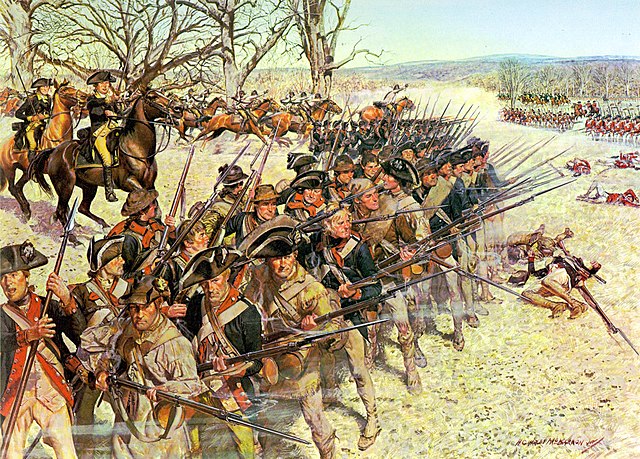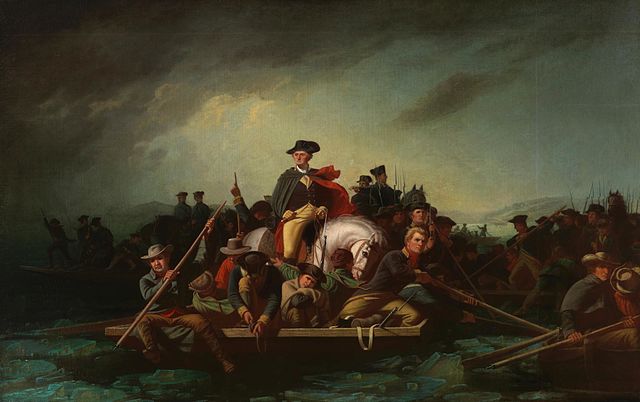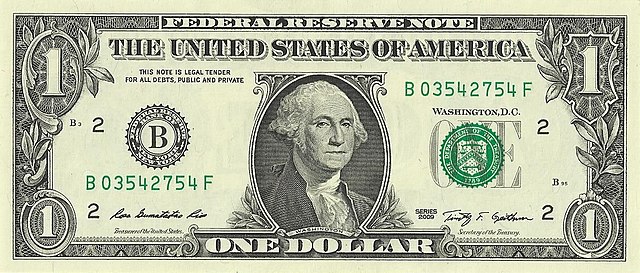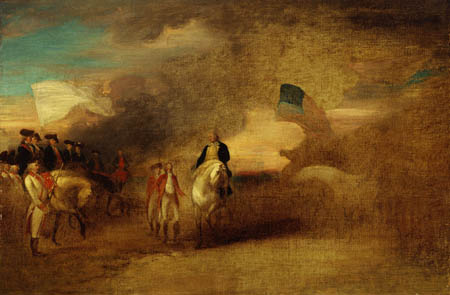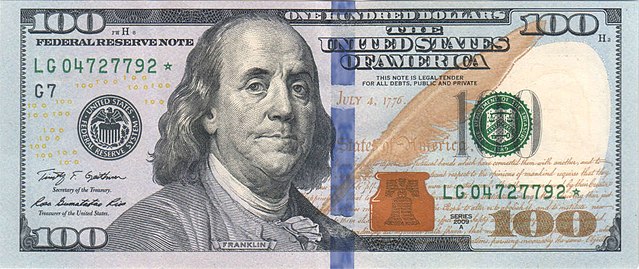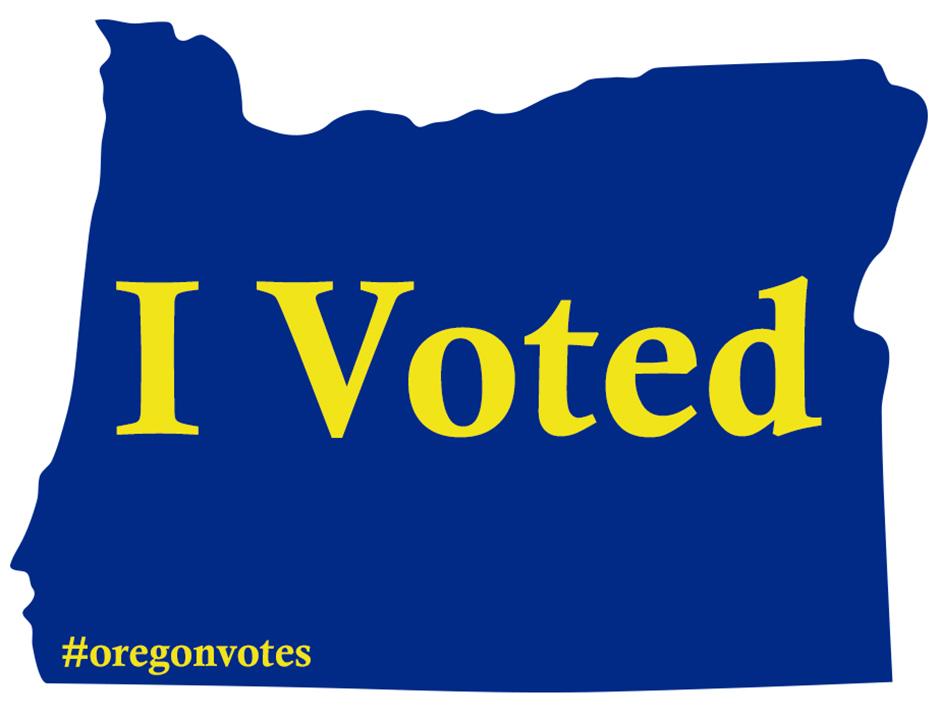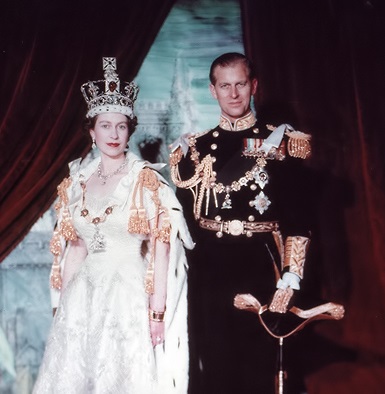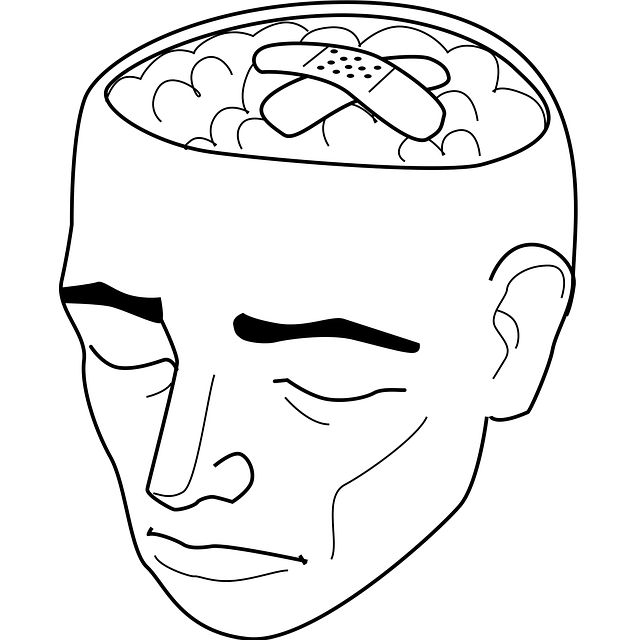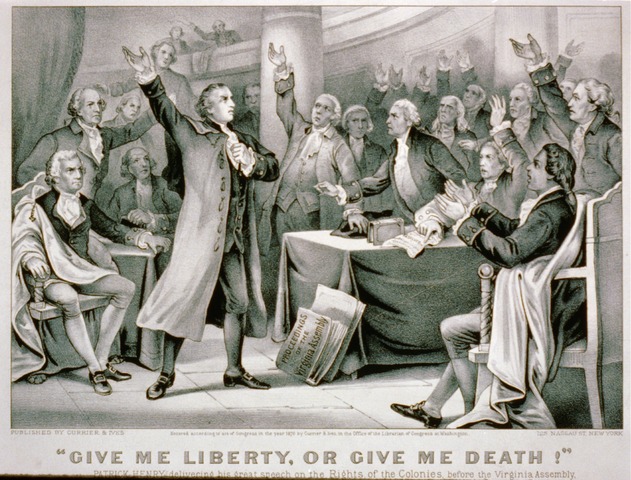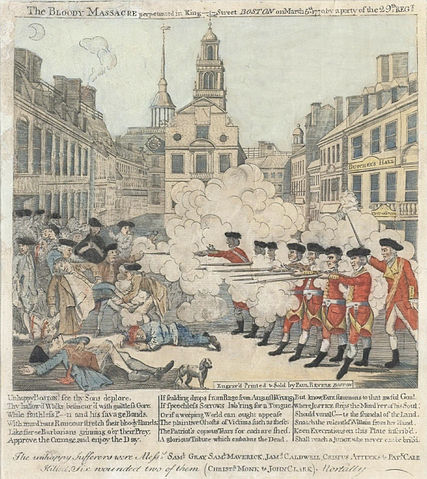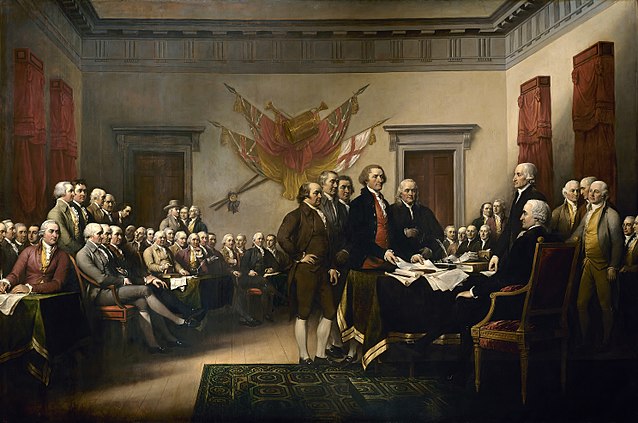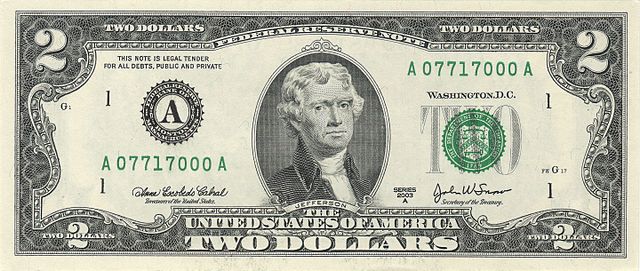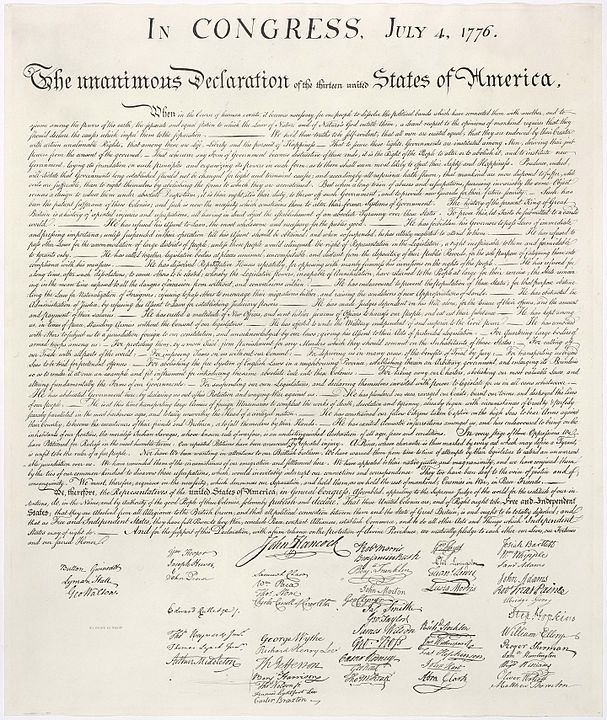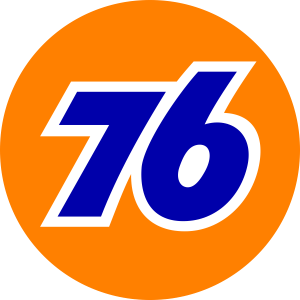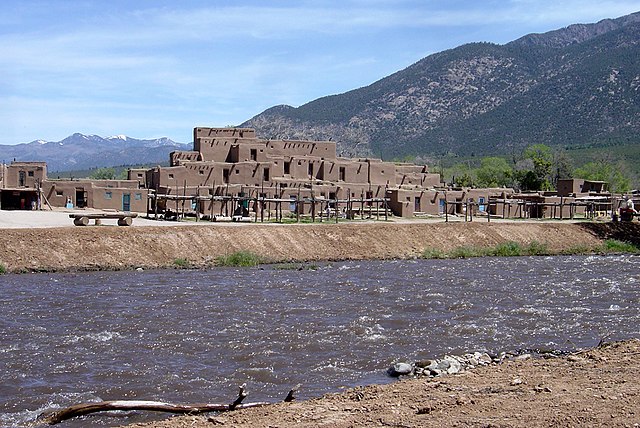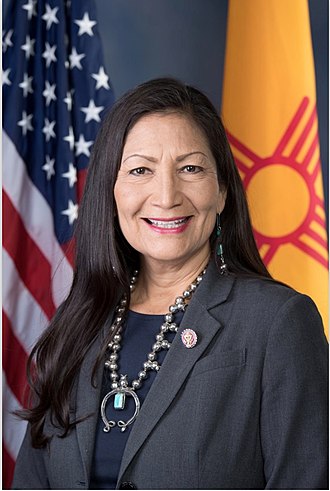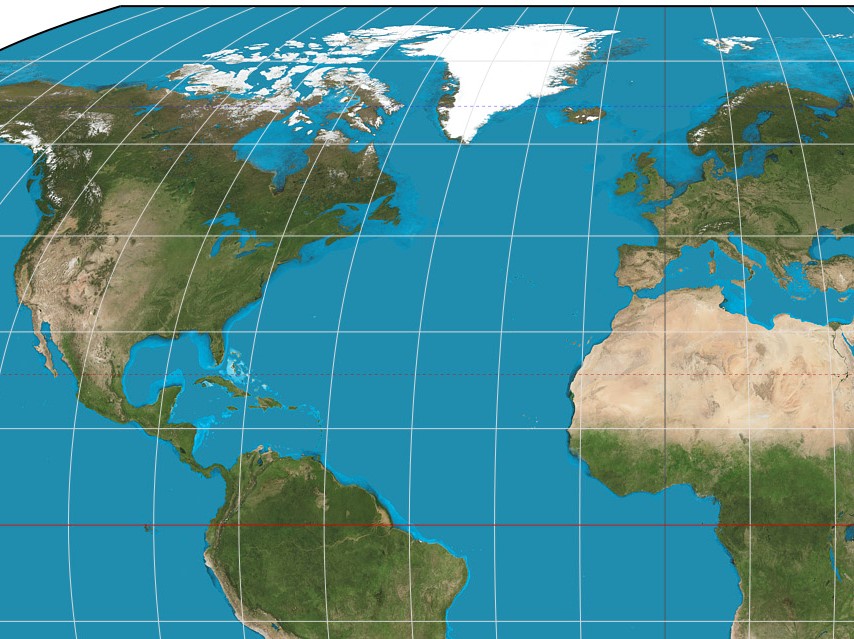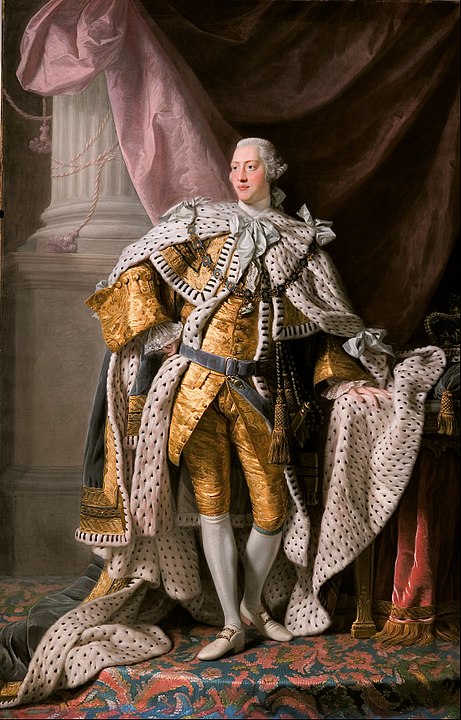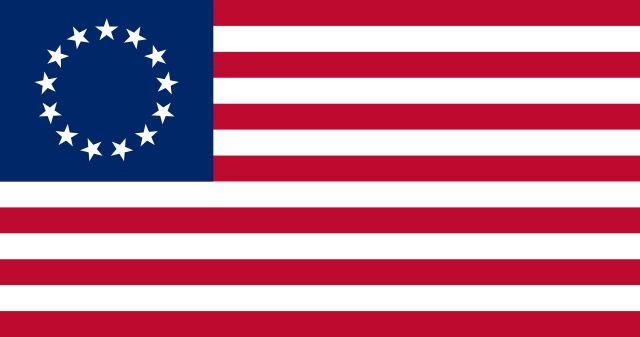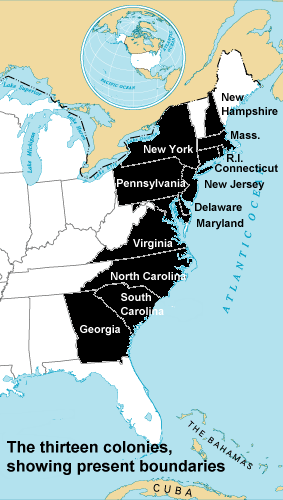Review: Part 12, Questions 6-10
- Do you owe any overdue Federal, state, or local taxes?
- Have you EVER not filed a Federal, state, or local tax return since you became a lawful permanent resident?
- Have you called yourself a “non-U.S. resident” on a Federal, state, or local tax return since you became a lawful permanent resident?
- Have you EVER been a member of any organization?
- Have you EVER been a member of, or in any way associated with The Communist Party?
- Have you EVER been a member of, or in any way associated with any other totalitarian party?
- Have you EVER been a member of, or in any way associated with a terrorist organization?
Review these vocabulary:
N-400 Questions 11-14B
- Have you ever advocated (either directly or indirectly) the overthrow of any government by force or violence?
- Have you ever persecuted (either directly or indirectly) any person because of race, religion, national origin, membership in a particular social group, or political opinion?
- Between March 23, 1933 and May 8, 1945, did you work for or associate in any way (either directly or indirectly) with The Nazi government of Germany?
- Were you ever involved in any way with badly hurting, or trying to hurt, a person on purpose?
- Were you ever involved in any way with torture?
Questions and Answers
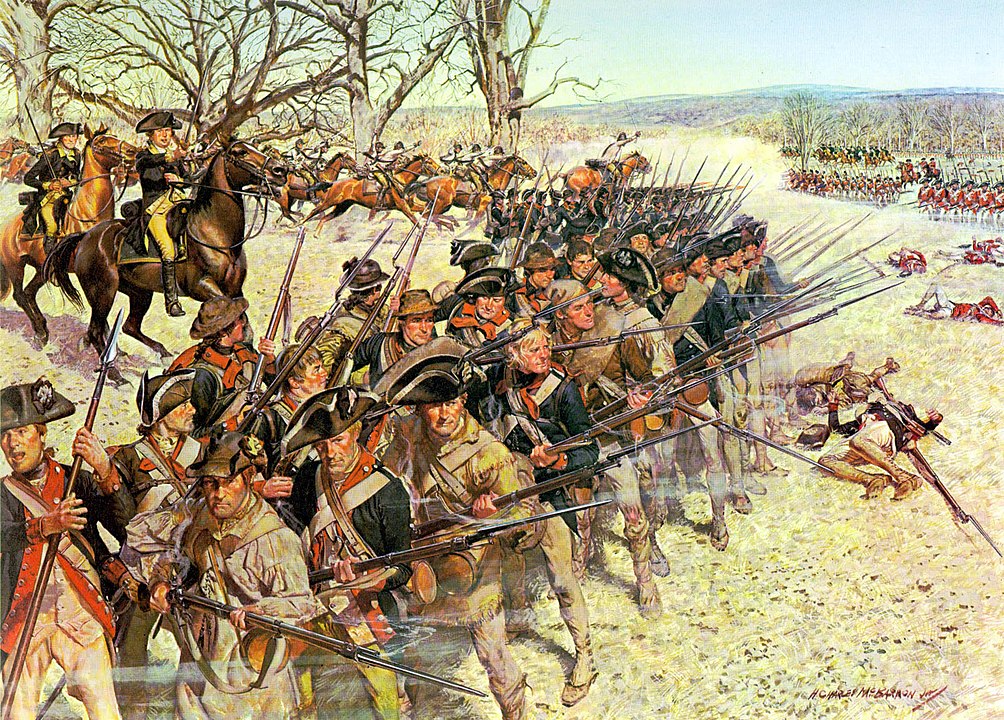
Have you ever advocated (either directly or indirectly) the overthrow of any government by force or violence?
- Yes, I have / No, I haven’t / No, never
- ¿Alguna vez ha defendido (directa o indirectamente) el derrocamiento de un gobierno por la fuerza o la violencia?
- هل دافعت (سواء بشكل مباشر أو غير مباشر) إسقاط أي حكومة بالقوة أو العنف؟
- (တစ်ခုခုကိုတိုက်ရိုက်သို့မဟုတ်သွယ်ဝိုက်) သင်အစဉ်အဆက်ထောက်ခံအင်အားသုံးသို့မဟုတ်အကြမ်းဖက်မှုများကြောင့်မည်သည့်အစိုးရ၏ဖြုတ်ချရန်ရှိပါသလား?
- 你曾经主张(直接或间接)任何推翻政府以武力或暴力?
- آیا تا به حال با زور و یا طرفدار خشونت (یا به طور مستقیم یا غیر مستقیم) از سرنگونی هر دولت؟
- V-ați susținut vreodată (fie direct, fie indirect) răsturnarea oricărui guvern prin forță sau violență?
- آيا تاسو په زور او یا تاوتریخوالي د مالتړ (مستقیم یا غیر مستقیم) د هر حکومت د راپرځولو؟
- Вы когда-нибудь выступали (прямо или косвенно) свержение любого правительства путем применения силы или насилия?
- Weligaa ma ku dooday (si toos ah ama si dadban) markii la afgembiyey dowlad xoog ama rabshad?
- Bạn đã bao giờ ủng hộ (trực tiếp hoặc gián tiếp) lật đổ của bất kỳ chính phủ bằng vũ lực hoặc bạo lực?
- کیا آپ نے کبھی قوت یا تشدد کی طرف سے وکالت کی ہے (براہ راست یا بالواسطہ طور پر یا تو) کسی بھی حکومت کا تختہ الٹنے؟

Have you ever persecuted (either directly or indirectly) any person because of race, religion, national origin, membership in a particular social group, or political opinion?
- Yes, I have / No, I haven’t / No, never
- ¿Alguna vez ha perseguido (directa o indirectamente) a cualquier persona debido a su raza, religión, nacionalidad, pertenencia a un determinado grupo social u opinión política?
- هل من أي وقت مضى للاضطهاد (سواء بشكل مباشر أو غير مباشر) أي شخص بسبب العرق أو الدين أو الأصل القومي أو انتمائه إلى فئة اجتماعية معينة أو آرائه السياسية؟
- (တစ်ခုခုကိုတိုက်ရိုက်သို့မဟုတ်သွယ်ဝိုက်) သင်အစဉ်အဆက်ညှဉ်းဆဲမဆိုဘာဖြစ်လို့လဲဆိုတော့ပြိုင်ပွဲ၏လူတစ်ဦး, ဘာသာရေး, အမျိုးသားရေးဇာစ်မြစ်တစ်ခုအထူးသဖြင့်လူမှုရေးအုပ်စုသို့မဟုတ်နိုင်ငံရေးအမြင်တွင်အဖွဲ့ဝင်အဖြစ်ရှိပါသလား?
- 你曾经迫害(直接或间接)在特定社会团体或政治见解因种族,宗教,国籍的任何人,会员?
- آیا تا به حال آزار و اذیت (مستقیم یا غیر مستقیم) هر فرد به خاطر نژاد، مذهب، ملیت، عضویت در یک گروه اجتماعی خاص، و یا عقاید سیاسی؟
- V-ați persecutat vreodată (fie direct, fie indirect) orice persoană din cauza rasei, religiei, origine națională, apartenență la un anumit grup social sau opinie politică?
- آيا تاسو ځورول (مستقیم یا غیر مستقیم) په یوې ځانګړې ټولنیزې ډلې، یا سیاسي نظر ځکه چې د نژاد، مذهب، ملیت هر کس، د غړیتوب؟
- Вы когда-нибудь преследовали (прямо или косвенно) любое лицо из-за расы, религии, национального происхождения, членство в определенной социальной группе или политических убеждений?
- Weligaa ma silcin (si toos ah ama si dadban) qof kasta oo sabab ah jinsiyad, diin, asal qaran, xubin ka ah koox bulsho oo gaar ah, ama fikrad siyaasadeed?
- Bạn đã bao giờ bắt bớ (trực tiếp hoặc gián tiếp) bất kỳ người nào vì chủng tộc, tôn giáo, nguồn gốc quốc gia, thành viên trong một nhóm xã hội cụ thể, hoặc quan điểm chính trị?
- کیا آپ نے کبھی ستایا (براہ راست یا بالواسطہ طور پر یا تو) کیونکہ نسل، مذہب، قومی نژاد کے کسی بھی شخص، ایک مخصوص سماجی گروپ، یا سیاسی رائے میں رکنیت؟
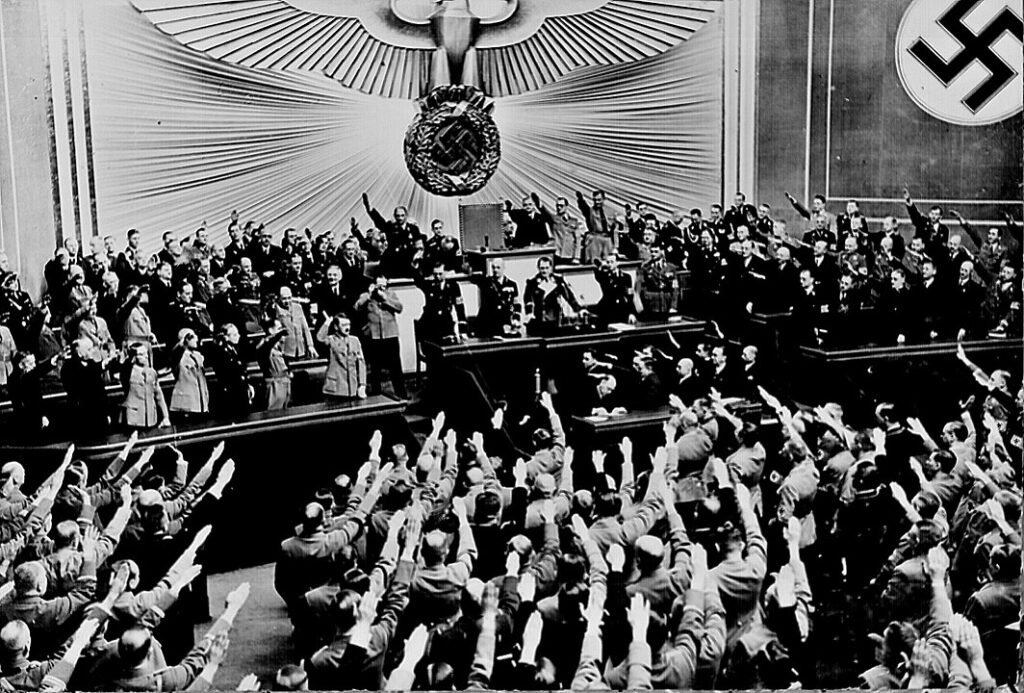
Between March 23, 1933 and May 8, 1945, did you work for or associate in any way (either directly or indirectly) with The Nazi government of Germany?
- Yes, I did / No, I didn’t / No, never
- Entre el 23 de marzo de, 1933 y el 8 de mayo de 1945, hizo la que trabaja o asociado de ninguna manera (directa o indirectamente) con el gobierno nazi de Alemania?
- بين 23 مارس 1933 و 8 مايو 1945، لم كنت تعمل لأو الزميلة بأي شكل من الأشكال (سواء بشكل مباشر أو غير مباشر) مع الحكومة النازية في ألمانيا؟
- မတ်လ 23, 1933 မေလ 8, 1945 အကြား, သင်ဂျာမဏီ၏နာဇီအစိုးရနှင့်အတူ (ဖြစ်စေတိုက်ရိုက်ဖြစ်စေ, သွယ်ဝိုက်) မည်သည့်လမ်းအတွက်အလုပ်လုပ်သို့မဟုတ်တွဲဖက်ခဲ့တာလဲ
- 1933年3月23日和1945年5月8日之间,你的工作或准以任何方式(直接或间接)与德国纳粹政府?
- بین 23 مارس 1933 و 1945 مه 8، آیا شما برای کار و یا شریک به هیچ وجه (به طور مستقیم یا غیر مستقیم) با دولت نازی آلمان؟
- In perioada 23 martie 1933 și 08 mai 1945, ai lucrat pentru sau asociat în nici un fel (fie direct, fie indirect) cu guvernul nazist al Germaniei?
- د مارچ 23، 1933 او د می په 8، د 1945 په منځ کې، تاسو سره د نازي المان د حکومت د کومې لاره (مستقیم یا غیر مستقیم) لپاره کار کوي یا ملګرو شو؟
- С 23 марта 1933 года и 8 мая 1945 года вы работали или адъюнкт каким-либо образом (прямо или косвенно) с нацистским правительством Германии?
- Inta u dhaxaysa 23 March, 1933 iyo May 8, 1945, ma aad u shaqeyso ama associate sinaba (si toos ah ama si dadban) Dowladda Nazi ee Germany?
- Giữa Tháng Ba 23, 1933 và 08 tháng 5 năm 1945, anh có làm việc cho hoặc liên kết trong bất kỳ cách nào (trực tiếp hoặc gián tiếp) với Chính phủ phát xít Đức?
- مارچ 23، 1933 اور مئی 8، 1945 کے درمیان، آپ کو جرمنی کی نازی حکومت کے ساتھ (یا تو براہ راست یا بالواسطہ طور پر) کسی بھی طریقے سے ایسوسی ایٹ کے لیے کام کیا ہے یا؟
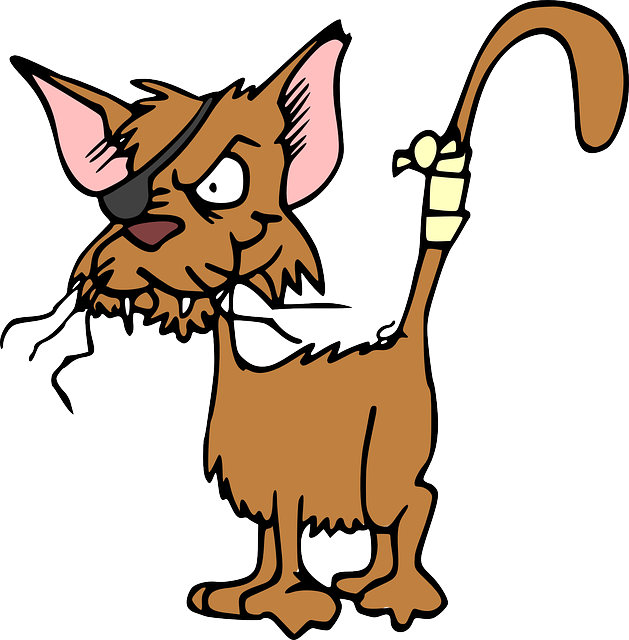
Image by Clker-Free-Vector-Images from Pixabay 
Image by skeeze from Pixabay
Were you ever involved in any way with badly hurting, or trying to hurt, a person on purpose?
- Yes, I was / No, I wasn’t / No, never
- ¿Alguna vez involucrado de alguna manera con herir gravemente, o tratando de hacer daño, una persona a propósito?
- هل كنت تشارك في أي وقت بأي شكل من الأشكال مع يضر بشدة، أو محاولة لايذاء، فإن أي شخص عن قصد؟
- သငျသညျအစဉျအမွဲဆိုးရွားစွာထိခိုက်, ဒါမှမဟုတ်, ရည်ရွယ်ချက်အပေါ်ပုဂ္ဂိုလ်တစ်ဦးထိခိုက်စေဖို့ကြိုးစားနေနှင့်အတူမည်သည့်လမ်းအတွက်ပါဝင်ပတ်သက်ရှိသနည်း
- 你曾经参与了与严重伤害,或试图伤害,一个人故意什么办法?
- شد شما تا به حال به هیچ وجه با شدت صدمه زدن به، و یا تلاش برای صدمه زدن، یک فرد بر روی هدف درگیر است؟
- Ați fost vreodată implicat în vreun fel cu răni grav sau încearcă să rănească, o persoană intenționat?
- تاسو تل په سره بد رسوي، او يا په موخه هڅه کوي چې زيان، يو کس هر لاره کې لاس؟
- Были ли вы когда-либо участие в любом случае с сильно больно, или пытается причинить боль, человек нарочно?
- Ayaa aad waligaa ku lug leh si kasta oo la si xun u dhaawaco, ama isku dayaya in ay wax yeelo, qof si ulakac ah?
- Đã bao giờ bạn tham gia vào bất kỳ cách nào với xấu làm tổn thương, hoặc cố gắng làm tổn thương, một người trên mục đích?
- اگر آپ کبھی بھی بری طرح نقصان پہنچا رہا ہے، یا جان بوجھ کر ایک شخص کو چوٹ کرنے کی کوشش کر کے ساتھ کسی بھی طرح سے ملوث تھے؟
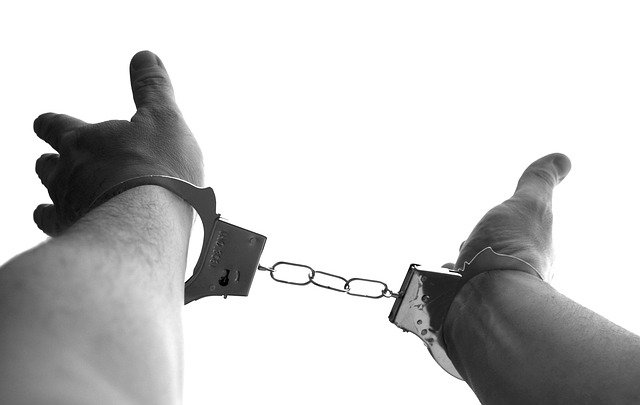
Were you ever involved in any way with torture?
- Yes, I was / No, I wasn’t / No, never
- ¿Alguna vez involucrado en modo alguno con la tortura?
- هل كنت تشارك في أي وقت بأي شكل من الأشكال مع التعذيب؟
- သငျသညျညှဉ်းပန်းနှိပ်စက်မှုနှင့်အတူမည်သည့်လမ်းစဉ်အပါဝင်ပတ်သက်ရှိသနည်း
- 你曾经参与酷刑什么办法?
- شد شما تا به حال به هیچ وجه با شکنجهها دست؟
- Ați fost vreodată implicat în vreun fel cu tortura?
- تاسو تل په سره شکنجه هره لاره کې لاس؟
- Были ли вы когда-либо участие в любом случае с пытками?
- Ayaa aad waligaa ku lug leh si kasta oo la jidh dil?
- Đã bao giờ bạn tham gia vào bất kỳ cách nào với tra tấn?
- کیا آپ نے کبھی تشدد کے ساتھ کسی بھی طرح سے ملوث تھے؟
Practice again:
- Have you ever advocated the overthrow of any government by force or violence?
- Have you ever persecuted any person because of race, religion, national origin, membership in a particular social group, or political opinion?
- Between March 23, 1933 and May 8, 1945, did you work for or associate in any way with The Nazi government of Germany?
- Were you ever involved in any way with badly hurting, or trying to hurt, a person on purpose?
- Were you ever involved in any way with torture?
